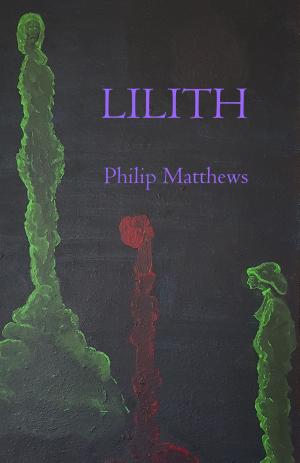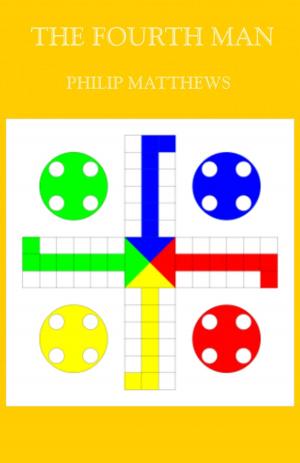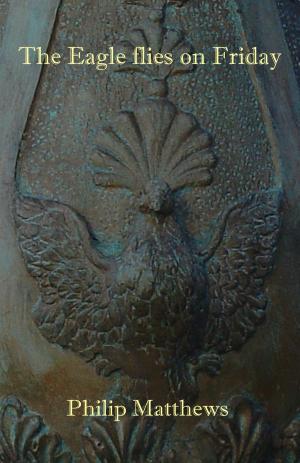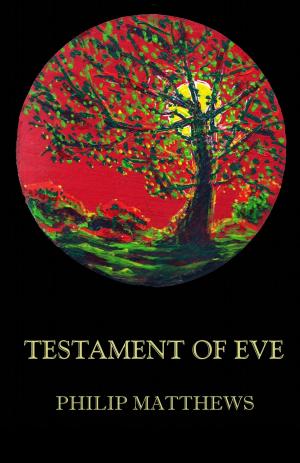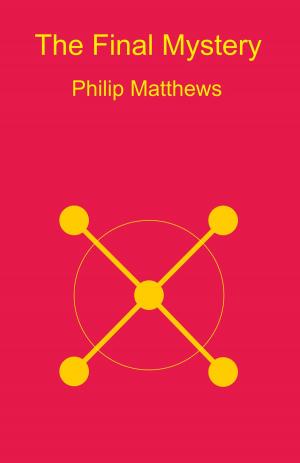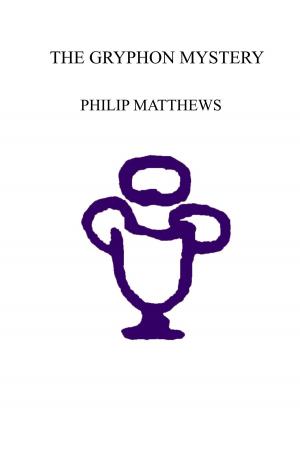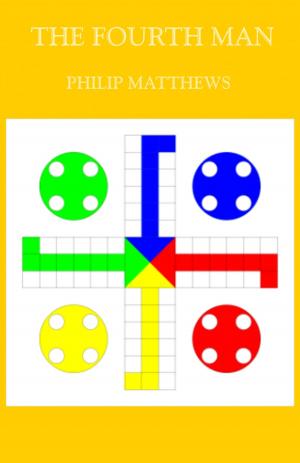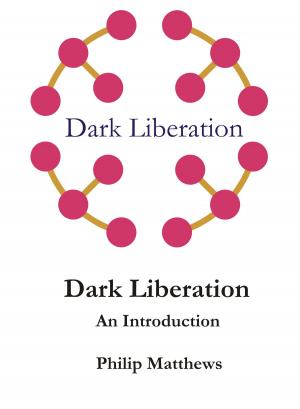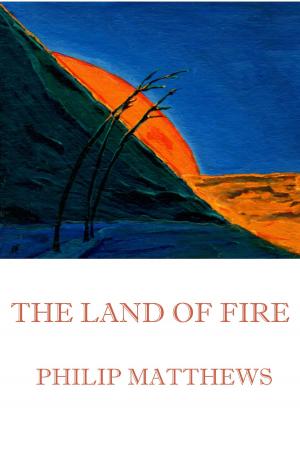| Author: | Philip Matthews | ISBN: | 1230000227934 |
| Publisher: | Philip Matthews | Publication: | March 25, 2014 |
| Imprint: | Language: | English |
| Author: | Philip Matthews |
| ISBN: | 1230000227934 |
| Publisher: | Philip Matthews |
| Publication: | March 25, 2014 |
| Imprint: | |
| Language: | English |
The novel is a comedy of omissions that revolves around the little-noted fact that, according to Genesis, Adam was only the second person to die, and the first to die a natural death. The story opens with Adam two years abed, his descendents forced to labour in his stead, his wife to dance attention on him. Eve determines to find a cure for Adam’s condition, but discovers that the man who might hold the key is one marked by a knowledge that all fear to know, though all are curious to learn. This man is Cain, the ruler of the city on the plain.
So Eve sets off to meet him. The result is chaos as two families encounter one another. Old memories are dredged up, old woes lived, but new possibilities are revealed, as nine hundred years of evasion and amnesia are literally torn away. Most seek new hideouts, some reveal surprising awareness and even more surprising equanimity. Only Eve, driven perhaps by the exigencies of a composition she undertakes out of unsuspected motives, seems aware of deeper memories, deeper truths, especially of a deeper knowledge hidden in some appalling event in the beginning, where both a profound loss and an inspiring gift await her side by side for ever.
As a comedy of omissions there are, as might be expected, some obscurities, but given the popularity of the Adam and Eve story readers should be able to supply most of the answers themselves. The comedy is Aristophanic and so direct, characters graphic but open to development as the story unfolds, Eve untiring, the ending as happy as can be in the circumstances, everyone getting at least what they are capable of accepting.
The novel is a comedy of omissions that revolves around the little-noted fact that, according to Genesis, Adam was only the second person to die, and the first to die a natural death. The story opens with Adam two years abed, his descendents forced to labour in his stead, his wife to dance attention on him. Eve determines to find a cure for Adam’s condition, but discovers that the man who might hold the key is one marked by a knowledge that all fear to know, though all are curious to learn. This man is Cain, the ruler of the city on the plain.
So Eve sets off to meet him. The result is chaos as two families encounter one another. Old memories are dredged up, old woes lived, but new possibilities are revealed, as nine hundred years of evasion and amnesia are literally torn away. Most seek new hideouts, some reveal surprising awareness and even more surprising equanimity. Only Eve, driven perhaps by the exigencies of a composition she undertakes out of unsuspected motives, seems aware of deeper memories, deeper truths, especially of a deeper knowledge hidden in some appalling event in the beginning, where both a profound loss and an inspiring gift await her side by side for ever.
As a comedy of omissions there are, as might be expected, some obscurities, but given the popularity of the Adam and Eve story readers should be able to supply most of the answers themselves. The comedy is Aristophanic and so direct, characters graphic but open to development as the story unfolds, Eve untiring, the ending as happy as can be in the circumstances, everyone getting at least what they are capable of accepting.


